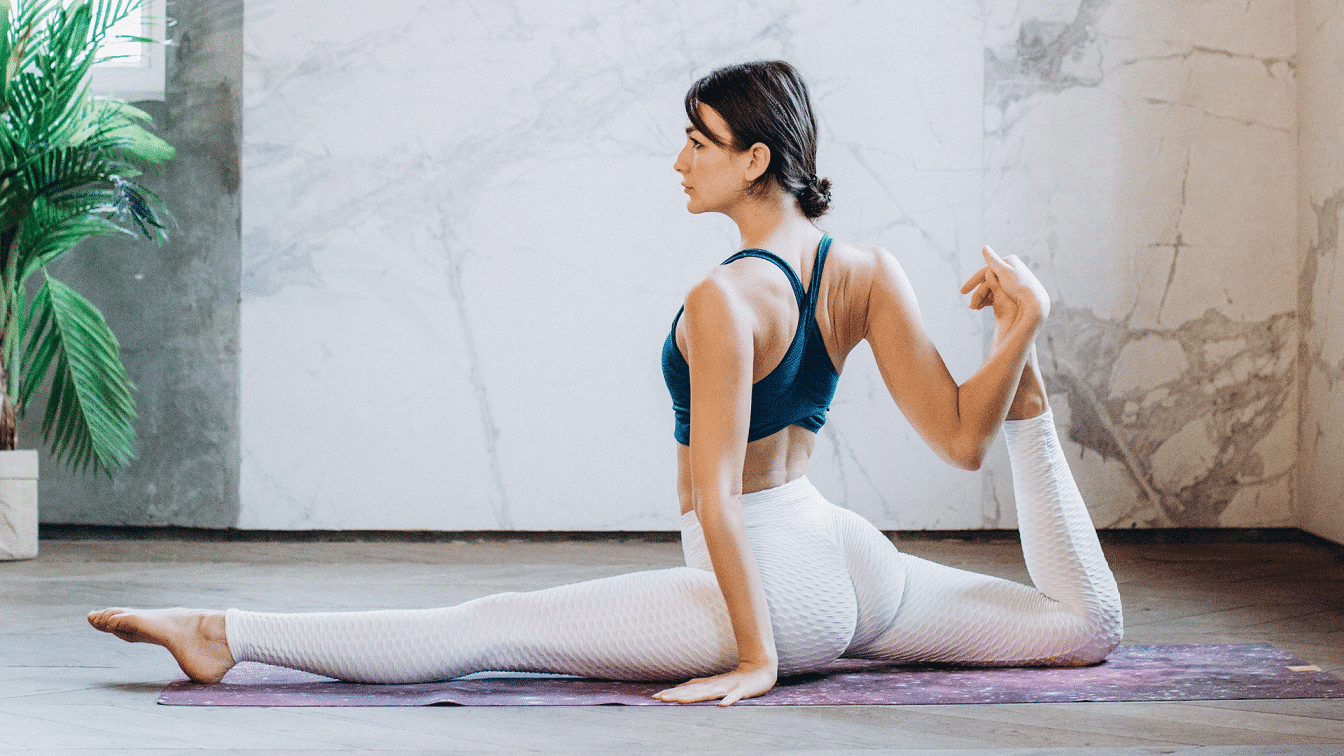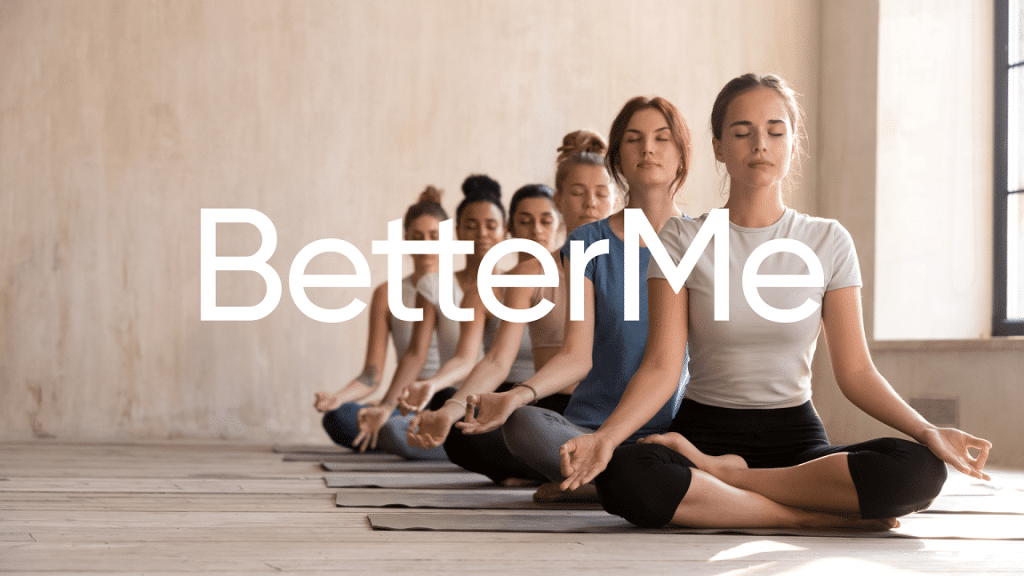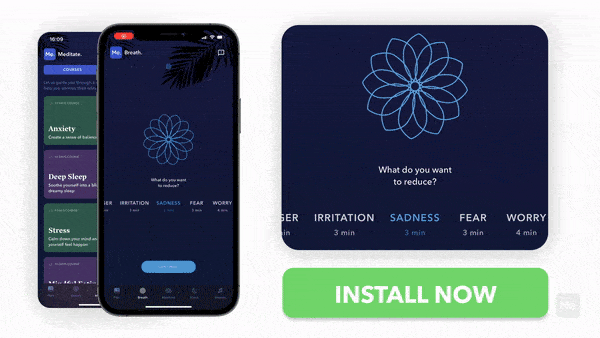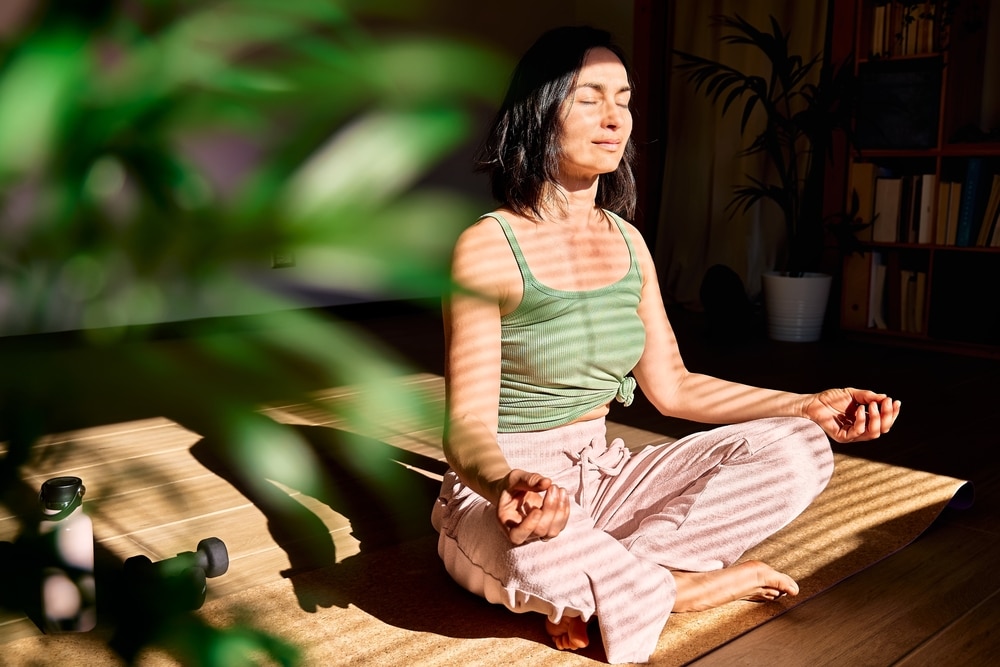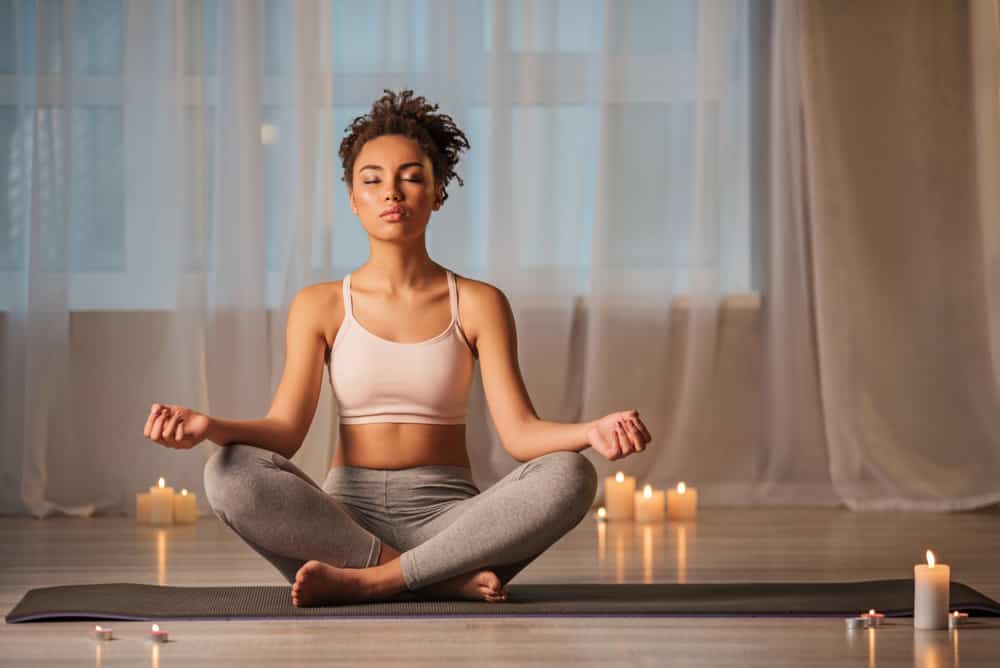Everything You Should Know About Meditation And Stress
Meditation is a mental exercise with a thousand-year history, which helps to reduce numerous issues and improve mental and physical health. Nowadays, more and more people start meditating because of leading stress-riddled lifestyles. This technique keeps gaining popularity due to its simplicity and effectiveness. It’s also equipment-free and time-sparing.
The Benefits Of Mental Exercises
Meditation may aid in managing symptoms of a slew of health conditions such as: high blood pressure, insomnia, chronic pain, cancer, anxiety, asthma, tension headaches etc. It wipes away all the pent-up stress and works wonders for people suffering from depression. Its power to reduce negative emotions remains the leading reason why people venture into meditation and turn it into their main coping mechanism.
Read More: Meditation State: Find Out Ho To Induce Deep Meditation And What Does It Do To Your Mind
Can Meditation Reduce Stress And Anxiety?
When you experience stress or anxiety, your body releases adrenaline and norepinephrine. These hormones increase blood flow, blood pressure, pulse rate, and breathing (1). People with anxiety also suffer from distractive thoughts and worries. They tend to not think about how to solve the problem, but rather just worry about it (4).
On the contrary, meditation techniques such as relaxation responses lead to a completely opposite effect. It decreases blood pressure, blood flow and other issues. To meditate this way you should sit in a comfortable position and repeat one sound, word or phrase for a certain period of time. Your eyes should be closed and your back should be straight. Nothing should distract you. Relax and breathe. Ignore all thoughts and worries and concentrate on the sound. Finish the meditation gradually and calmly (1).
Another mental exercise is called mindfulness meditation. During this type of meditation you should sit comfortably and relax, but your main task is to focus on the present. Focus on what you experience in the moment (for example on your breath). You shouldn’t ignore your emotions and thoughts, but it is important to let them pass freely, without judgement (2).
These exercises will help you relax and get a grip on your mind. There are a number of equally effective techniques, so do your research and make sure to pick the right one for yourself.
Something tells us you often forget to put all the everyday hustle and bustle on hold and simply concentrate on yourself. It’s time to straighten out your priorities! Take a moment to heal, process your emotions, ground yourself, release all the pent-up tension and recharge with the BetterMe: Meditation & Sleep app before getting back into the race of life!
FAQs
How Long Should I Meditate Daily?
10-15 minutes is the end goal but as a beginner start with what you can do consistently. A good place to start is just 5 minutes a day, as this becomes easier you can gradually increase this time. Many people also prefer practicing two times a day for 10-30 minutes. To make the process easier, you may set a timer on your phone in order not to get distracted.
Everything depends on your stress level and the amount of your free time. Keep in mind, that it is quite hard to get the result at the very beginning of your practice. Just stay consistent and keep meditating every day. You’ll do much better before you know it.
When Is It Better To Meditate?
There is no particular research concerning the most suitable time for meditation. Most people prefer early morning. After you wake up your mind is fresh and you don’t think about tasks and problems. It helps to stay calm and productive during the day. However, if waking up at the break of dawn isn’t your forte, you may carve out some time to process your thoughts and feelings after work. It will help you to relieve tension after a long wearing day. There are also people who have no time in the morning and after work. They meditate during their lunch time. It takes only 10 minutes and helps them work more efficiently.
Conclusion
Today, thousands of people all over the world face stress and anxiety. These issues stop them from living a normal life and being happy. However, a short ten-minute practice a day can help you to get rid of these problems on your own.
DISCLAIMER:
This article is intended for general informational purposes only and does not address individual circumstances. It is not a substitute for professional advice or help and should not be relied on to make decisions of any kind. Any action you take upon the information presented in this article is strictly at your own risk and responsibility!
SOURCES:
- Meditation, Stress, and Your Health (2018, webmd.com)
- Meditation: A simple, fast way to reduce stress (2019, mayoclinic.org)
- Meditation: In Depth (2014, nccih.nih.gov)
- Mindfulness meditation may ease anxiety, mental stress (2014, health.harvard.edu)

